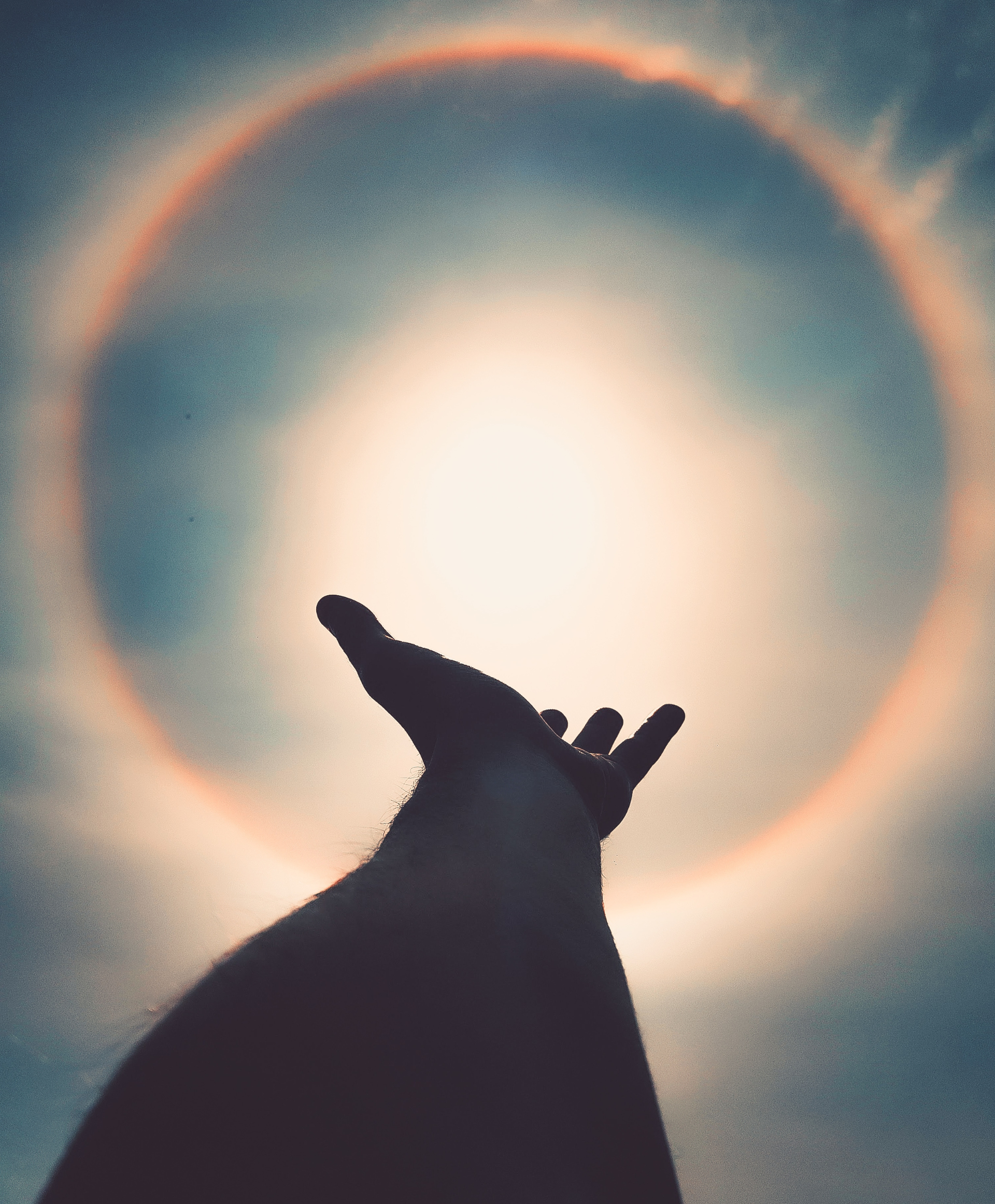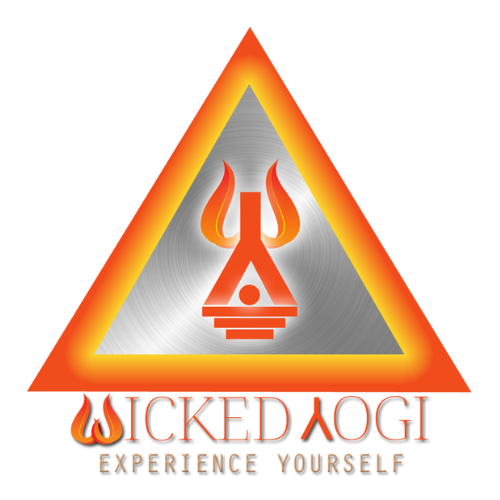The question of free will has long been a central concern in philosophical and theological discourse, its implications extensive and profound. As we confront the possibility that our choices and actions may be predetermined by factors beyond our control, we are forced to examine the very foundations of our belief systems and to re-evaluate the meaning and purpose of our existence.
At the heart of this existential inquiry lies a profound tension between our intuitive sense of self and agency, and the deterministic view suggested by science and philosophy. If our thoughts, desires, and behaviors are ultimately the result of a vast web of causes and effects stretching back to the beginning of time, then the very notion of the self as an autonomous agent is called into question. Are our creativity, individuality, and capacity for self-determination mere illusions? Are the distinctions between self and other, between "us" and "them," ultimately meaningless?
The question of free will has long been a central concern in philosophical and theological discourse, its implications extensive and profound.
If the tapestry of our lives is woven by hands other than our own, if our actions and choices are nothing more than the predetermined stitches in a grand cosmic design, then the very foundations of our moral and ethical frameworks begin to crumble. The concepts of guilt, blame, and moral accountability, once so clear and indisputable, become shrouded in a fog of uncertainty and doubt. How can we be held responsible for our behavior if we are not truly the architects of our own actions? How can we sit in judgment of our fellow human beings, dispensing praise or condemnation for their deeds, if they are simply following a script written by an unseen hand? These questions strike at the very core of our understanding of justice, punishment, and redemption, demanding a radical re-evaluation of the way we navigate the treacherous waters of morality in a world where free will is nothing more than an illusion.
Yet even as the absence of free will undermines our traditional notions of morality and justice, it may also offer a path to a deeper understanding of our shared humanity. Recognizing that we are all products of the same vast web of cause and effect can foster a profound sense of compassion, empathy, and humility, as we acknowledge our shared vulnerability and dependence on forces beyond our control. Moreover, the complexity of the systems that shape our choices, from the intricate workings of our brains to the chaotic nature of the universe itself, suggests that even in a deterministic world, the future may be far less predictable than we imagine.
At the heart of this existential inquiry lies a profound tension between our intuitive sense of self and agency, and the deterministic view suggested by science and philosophy.
For those who believe in a divine power, the question of free will takes on added complexity. Some may envision a God who has predetermined every event and action, the ultimate manipulator pulling the strings of our lives. In this view, humans are reduced to mere dolls, dancing to the tune of a cosmic choreographer. Our choices, desires, and aspirations are nothing more than illusions, predetermined by the will of an all-powerful deity. This perspective raises profound questions about the nature of God and the purpose of human existence. If our lives are indeed scripted by a divine hand, what room is there for personal growth, moral responsibility, or genuine relationship with the divine? Are we simply actors in a cosmic play, reciting lines and playing roles assigned to us by an unseen director? Moreover, what does it say about the character of a God who would create beings with the illusion of free will, only to demand their unconditional obedience and submission? Such a view may lead to a deep sense of existential despair, as we wrestle with the apparent meaninglessness and futility of our choices and actions in the face of an all-controlling divine power.
In contrast, Hinduism offers a more nuanced perspective on the relationship between free will, determinism, and the divine. While acknowledging the influence of prior causes and conditions on our choices and actions, this tradition suggests that we still possess a degree of free will, albeit limited by the weight of our past experiences and the laws of cause and effect. Central to this view is the concept of karma – the idea that our actions have moral consequences that shape our future experiences, both in this life and in future incarnations. According to this perspective, even if our free will is constrained by the karmic seeds we have sown in the past, we still have the power to make choices in the present moment that can either perpetuate or alleviate our suffering. By cultivating wisdom, compassion, and mindfulness, we can begin to break free from the cycle of reactivity and conditioning, and move towards a state of greater freedom and self-determination. In this view, the divine is not an external controller dictating our every move, but rather the very ground of being from which all things arise and to which all things return. Our spiritual journey, then, is not one of blind obedience to a distant or indifferent deity, but rather a gradual awakening to our true nature and our interconnectedness with all of existence. The divine, in this understanding, is the ultimate source of wisdom, love, and guidance, supporting our efforts to break free from the bonds of karma and achieve liberation.
By confronting the challenges and suffering that arise from our past actions, we are given the opportunity to learn, grow, and ultimately transcend the cycle of cause and effect.
However, the karmic perspective raises profound questions about the nature of justice and the apparent paradox of a loving divine being who allows human suffering. If we are indeed paying for the sins of our past lives, as the doctrine of karma suggests, how can we reconcile this with the idea of a compassionate God? Without access to the records of our past misdeeds or a clear guide for navigating the intricacies of karma, we are left to wander through life, unsure if our choices are leading us closer to or further from liberation. Furthermore, the notion of a divine power subjecting humans to a system of cosmic justice without providing explicit guidance or assistance raises perplexing questions about the very nature of God. How can we have faith in the benevolence of a deity who permits us to endure hardships for transgressions we have no memory of committing? Would a truly loving God not take every measure to alleviate our suffering, just as a parent would for their child? These inquiries go to the core of the Hindu understanding of the divine and necessitate a more thorough analysis of the karmic system and its consequences for our relationship with God.
One possible reconciliation of this apparent paradox is the idea that suffering and challenges are necessary for our spiritual growth and ultimate liberation. Just as a loving parent might allow their child to face difficulties in order to develop strength, resilience, and wisdom, perhaps the divine allows us to experience the consequences of our actions as a means of fostering our spiritual evolution. In this view, the karmic system is not a punishment, but rather a teaching tool – a way of showing us the true nature of our choices and their effects on ourselves and others. By confronting the challenges and suffering that arise from our past actions, we are given the opportunity to learn, grow, and ultimately transcend the cycle of cause and effect.
One perspective that offers a compelling case for the existence of free will is the role of consciousness and self-awareness in human agency. From this view, our conscious experience of deliberation, choice, and action is what gives rise to our sense of free will. Our ability to reflect on our own thoughts, desires, and motivations, and to make decisions based on our own reasons and values, is what sets us apart from mere automatons. Consciousness, from this perspective, is not a byproduct or an illusion, but a fundamental aspect of our existence that enables us to shape our own destiny through the exercise of our free will.
For those who reject the idea of a divine power, the burden of meaning and morality falls squarely on human shoulders. In this light, the existential challenge of creating meaning and purpose in a godless universe takes on a new depth and complexity. We must wrestle not only with the apparent absence of divine guidance but also with the recognition that our very ability to engage with these questions is itself shaped by forces beyond our control.
For those who reject the idea of a divine power, the burden of meaning and morality falls squarely on human shoulders.
And yet, even in the face of this recognition, the existentialist perspective affirms the importance of human agency and responsibility. While our choices may be shaped by factors beyond our control, they are still our choices, and it is through these choices that we create meaning and value in our lives. In a universe without a divine power, we must define our own purpose and values, embracing the radical freedom and responsibility that comes with being the authors of our own lives. This perspective challenges us to confront the fundamental questions of existence head-on, without recourse to comforting illusions or pre-determined answers. It demands that we take responsibility for our actions, our beliefs, and our values, recognizing that in a world without ultimate meaning or purpose, it is up to us to create them for ourselves.
Ultimately, the question of whether free will is an illusion, a reality, or something in between may hinge on how we define and understand the concept itself. If we define free will more broadly as the ability to act in accordance with our own reasons, values, and desires, then it may be compatible with determinism and still play a meaningful role in our lives. The cultivation of self-awareness, moral reasoning, and authentic engagement with the world may enable us to exercise our free will in a meaningful and responsible way, even in the face of the many forces that shape our choices and actions.
Ultimately, the question of whether free will is an illusion, a reality, or something in between may hinge on how we define and understand the concept itself.
As we grapple with these profound questions, we must also consider the social and cultural factors that shape our understanding of free will. Our beliefs about agency, choice, and moral responsibility are deeply influenced by the values, practices, and beliefs of the communities in which we live. By examining the ways in which our cultural context shapes our experience of free will, we may gain new insights into the nature of human agency and the complex interplay of determinism and choice in our lives.
In the end, the question of free will invites us to embark on a journey of self-discovery and philosophical exploration. Whether free will is an illusion or a reality, the very act of grappling with this question can be a source of profound personal and spiritual growth. Ultimately, it is in this delicate dance between the familiar and the uncharted that we may find the truest expression of our free will and the deepest sense of meaning in our lives.





Life is such a unique learning opportunity for the soul.